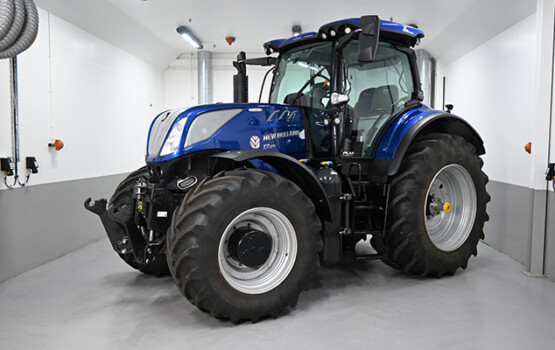Portal for more climate-friendly mobility

EU falls short on renewable fuels
The EU proposal on CO2 emission standards for new heavy-duty vehicles such as trucks and buses fails to go far enough: the revision of EU Regulation 2019/1242 – which is of key importance for the decarbonisation of the transport sector – fails to sufficiently recognise the role of e-fuels, biogas and bio-LNG: not exactly a technology-neutral approach.
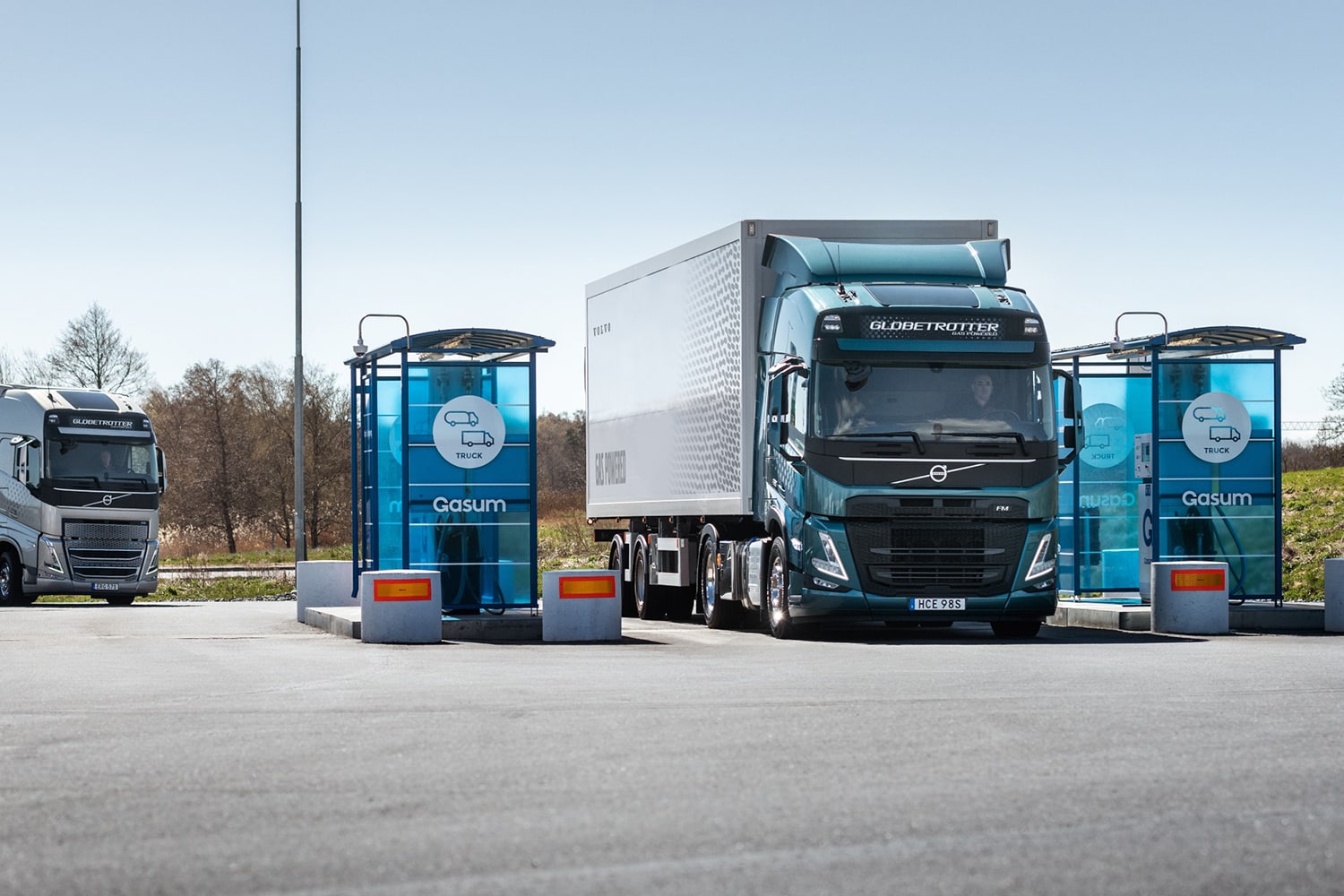 With biogas or even bio-LNG in the tank, trucks and other vehicles powered by CNG and LNG can already be almost CO2-neutral on the road today. Source: Volvo Trucks
With biogas or even bio-LNG in the tank, trucks and other vehicles powered by CNG and LNG can already be almost CO2-neutral on the road today. Source: Volvo Trucks
The MEPs in Strasbourg have now also clearly established that they no longer want to see combustion engines on Europe’s roads from 2035 onwards, approving the new CO2 targets by 340 to 279 votes, with 21 MEPs abstaining. While the EU member states have yet to agree to this decision, this is regarded as a formality.
 Source: Tobias Block
Source: Tobias Block
As a result, only new passenger cars that do not emit greenhouse gases are likely to be sold in Europe from 2035. So the EU is finally saying goodbye to petrol and diesel. As such, new cars with a petrol or diesel-powered internal combustion engine – including plug-in hybrids, incidentally – and probably also CNG vehicles, which are virtually carbon-neutral when they run on biogas, can only be sold for another 12 years or so. Together with the ban on combustion engines, the EU Parliament also approved tougher new regulations on truck and bus emissions, something that is strongly criticised by the industry, especially as it remains unclear as to whether there will be exceptions for e-fuel-powered combustion engines in the future – something the EU is looking to decide at a later stage.
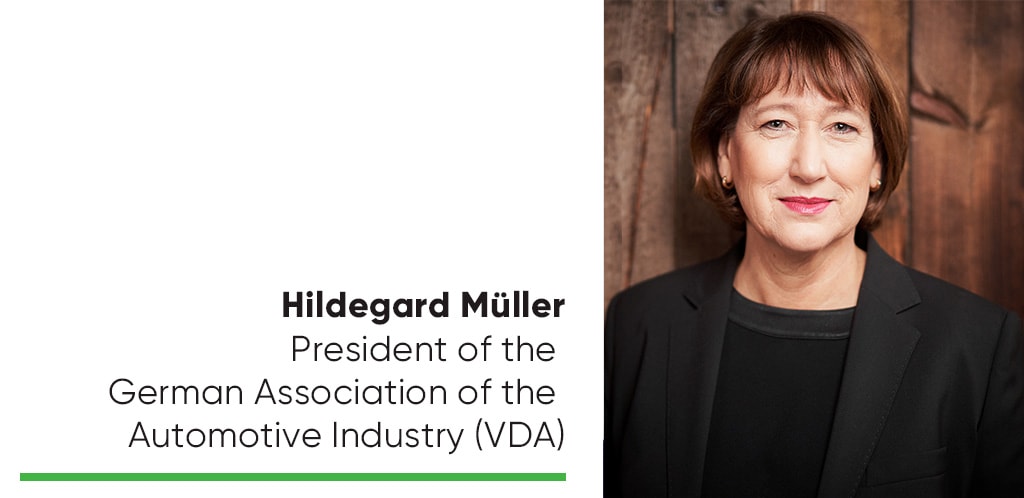
This has met with fierce criticism from the German Association of the Automotive Industry (VDA) as well as from CLEPA, the European Association of Automotive Suppliers. As VDA President Hildegard Müller explains: “The ramp-up of electromobility is reflected in ever-new vehicle offerings. By imposing a de facto ban on combustion engines from 2035, the EU has opted to go against a technology-neutral and innovation-friendly consumer and industrial policy. The decision ignores the fact that Europe’s charging infrastructure is still more than inadequate.”
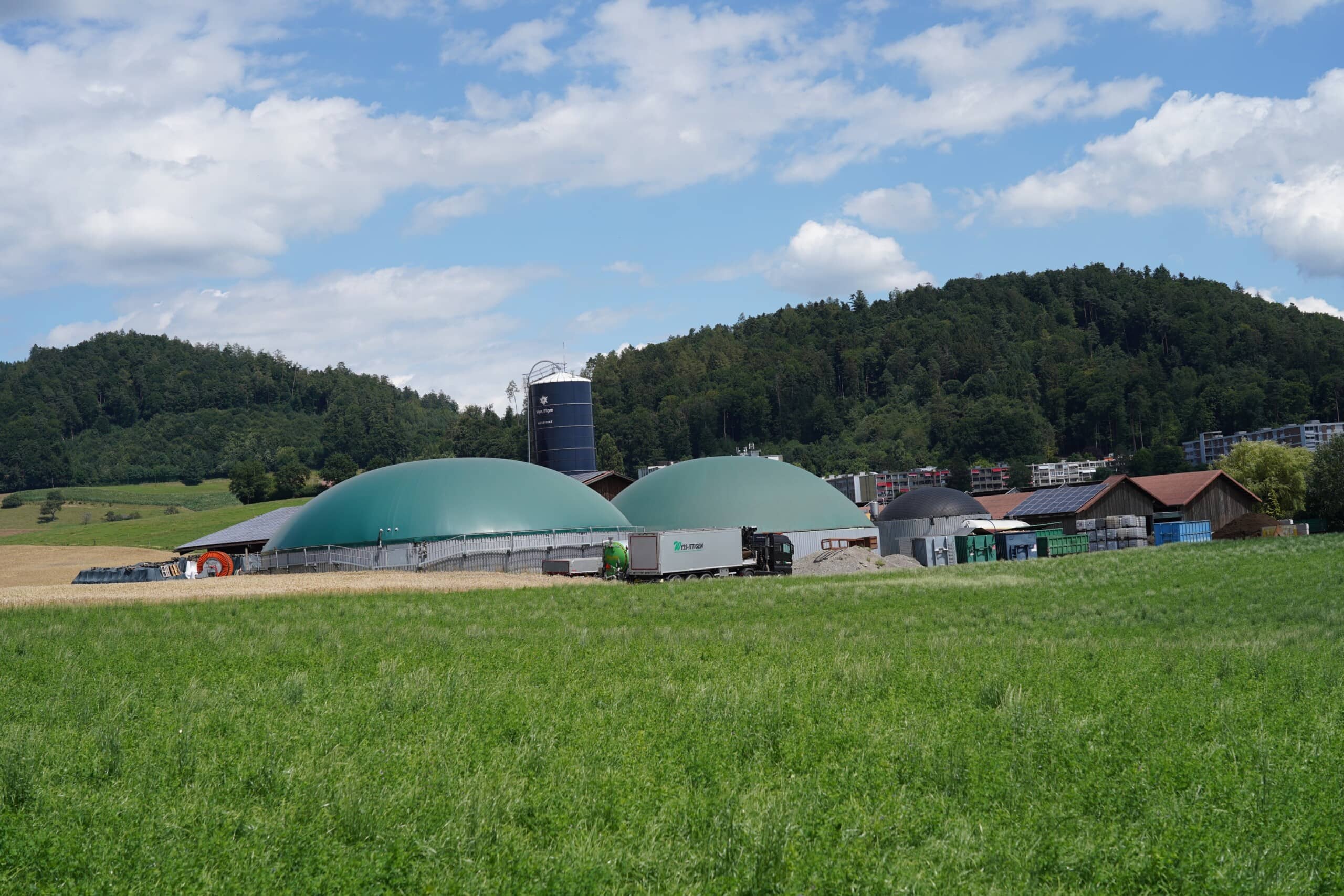 All too often, biogenic residues are not used and processed as in this example, but are burned and their potential for biogas production, among other things, is simply wasted. Source: CNG-Mobility.ch
All too often, biogenic residues are not used and processed as in this example, but are burned and their potential for biogas production, among other things, is simply wasted. Source: CNG-Mobility.ch
The internal combustion engine will still be needed around the world after 2035 and can be used sustainably thanks to fuels such as biogas, bio-LNG or e-fuels, but these alternatives have not yet been accepted by the majority of EU politicians as part of the solution. “The different technologies will contribute to sustainable mobility in different regions of the world. Synthetic fuels are essential in this context when it comes to decarbonising existing motor vehicles,” says Müller. In the future, sustainable fuels would enable climate neutrality for 280 million combustion engines in Europe alone – and 1.5 billion worldwide.
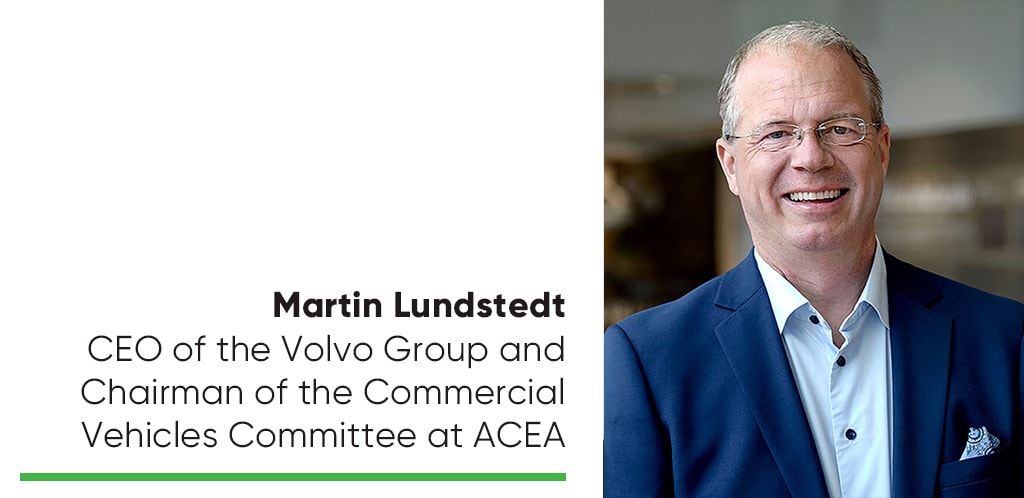
Martin Lundstedt, CEO of the Volvo Group and Chairman of the Commercial Vehicles Committee of the Association of European Automobile Manufacturers (ACEA), predicts that in order to reduce CO2 emissions by 2030, more than 400,000 zero-emission trucks would have to be on the road and at least 100,000 new zero-emission trucks would have to be registered each year. “While other regions of the world are offering incentives to achieving zero-emission mobility, Europe is attempting to get there by imposing regulatory restrictions – and even that is not being done in a coordinated way,” explains Lundstedt, pointing out that within just seven years, more than 50,000 public charging stations would have to be in operation that are suitable for use by trucks. Some 700 hydrogen filling stations would be required, too. So a huge investment in new and additional infrastructure is needed – despite the fact that
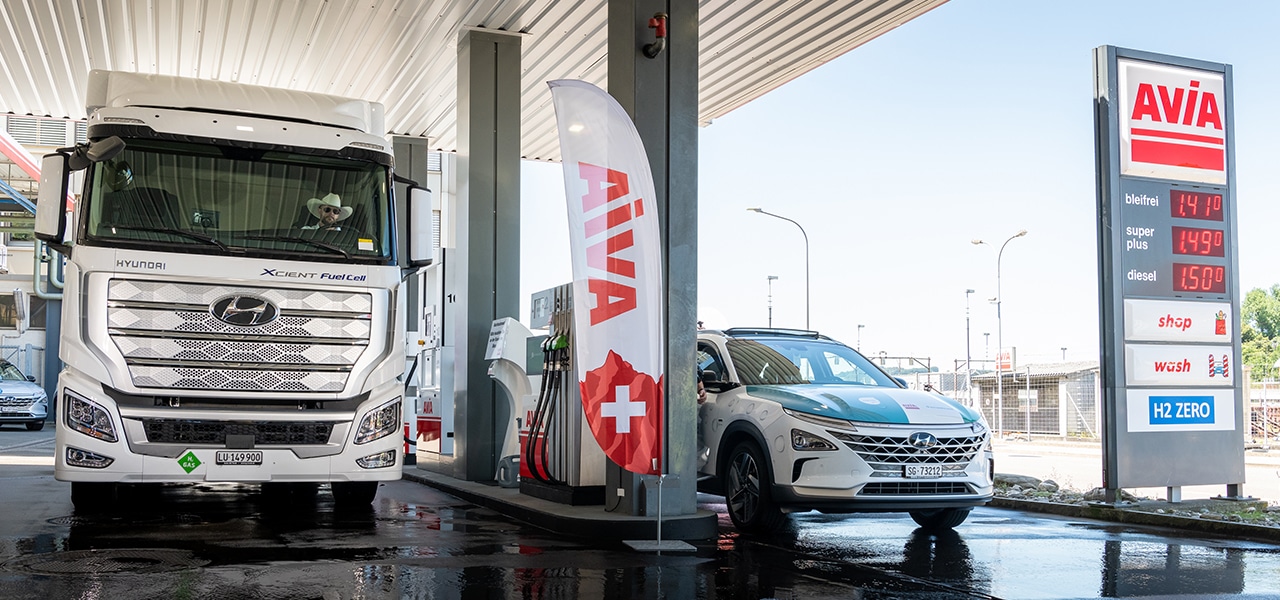 There are currently around 50 hydrogen trucks on the road in Switzerland, which can currently fill up with green hydrogen at twelve filling stations. Source: CNG-Mobility.ch
There are currently around 50 hydrogen trucks on the road in Switzerland, which can currently fill up with green hydrogen at twelve filling stations. Source: CNG-Mobility.ch
there is already an existing network of filling stations throughout Europe that can be used for climate-friendly transport right away. According to the association Gmobility, there are currently 4,158 CNG stations and 642 LNG filling stations throughout Europe that would only need to be supplied with sustainable gas rather than fossil gas. It comes as no surprise that, while welcoming the ambitious objectives of the EU proposal, the European Biogas Association (EBA) says it is a missed opportunity since EU policy fails to recognise the contribution of renewable fuels – including biogas – to decarbonisation. “The use of biogas in transport is a sustainable, readily available and scalable alternative to fossil fuels and is a crucial factor in the transition to a climate-neutral economy,” says EBA General Secretary Giulia Cancian.

“In order to decarbonise logistics, the EU needs affordable, climate-neutral solutions,” says CLEPA General Secretary Benjamin Krieger. Krieger comments on the stricter CO2 emission standards that apply to heavy commercial vehicles with the ambitious interim targets for 2030 (45% CO2 reduction) and 2035 (65%): “We welcome the fact that technology neutrality is being maintained, but raising the targets for 2030 and 2035 is a major challenge.” If the transition to zero-emission heavy transport is to succeed, the necessary conditions will have to be created such as charging and refuelling infrastructures, as well as renewable electricity, hydrogen and fuels.
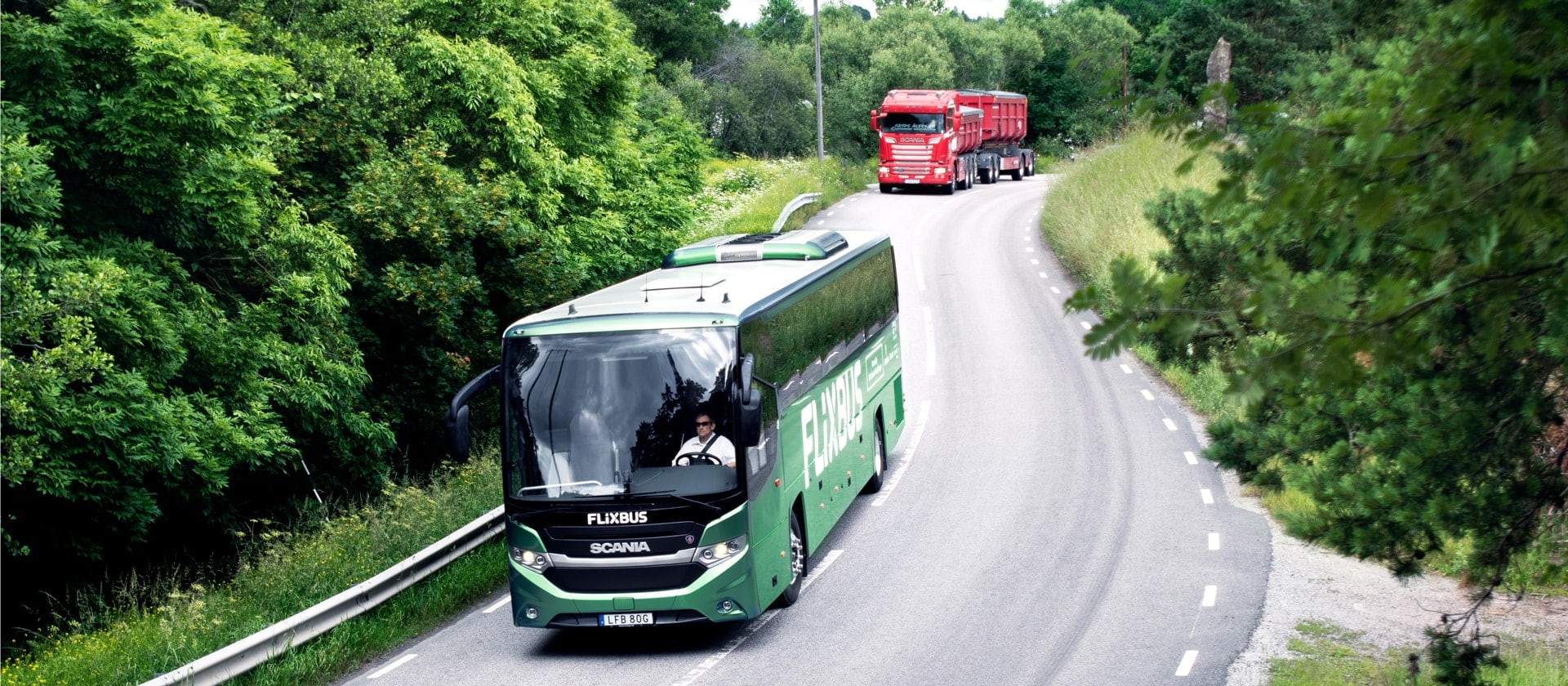 Not only trucks but also buses can run on biogas and bio-LNG in an almost CO2-neutral way; but here, too, EU politicians are planning to tighten emission regulations. Source: Scania
Not only trucks but also buses can run on biogas and bio-LNG in an almost CO2-neutral way; but here, too, EU politicians are planning to tighten emission regulations. Source: Scania
Biogas and bio-LNG could contribute specifically and directly to decarbonisation. Firstly, the use of biogas as a substitute for fossil fuels does not require investment in additional resources or time to build a new infrastructure. In addition, recent studies show that biogas and bio-LNG are actually highly efficient fuels: using a “well-to-wheel” measurement method instead of the previous “tail-pipe” approach, they are absolutely on a par with electric vehicles. The well-to-wheel method indicates that even the use of an LNG mix with a 40% share of bio-LNG is capable of reducing CO2 emissions from lorries by 55%. If 100% bio-LNG is used, the greenhouse gas footprint can even be negative. (pd/jas, 23 February 2023)
You might also be interested in
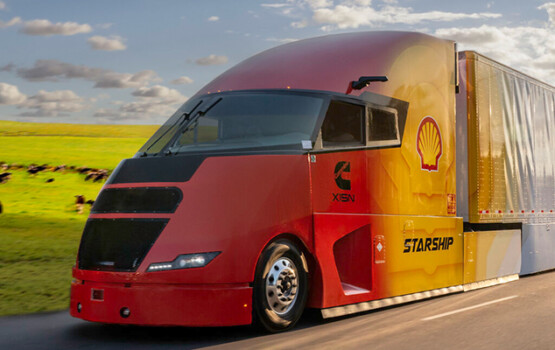
Shell Starship on record hunt
